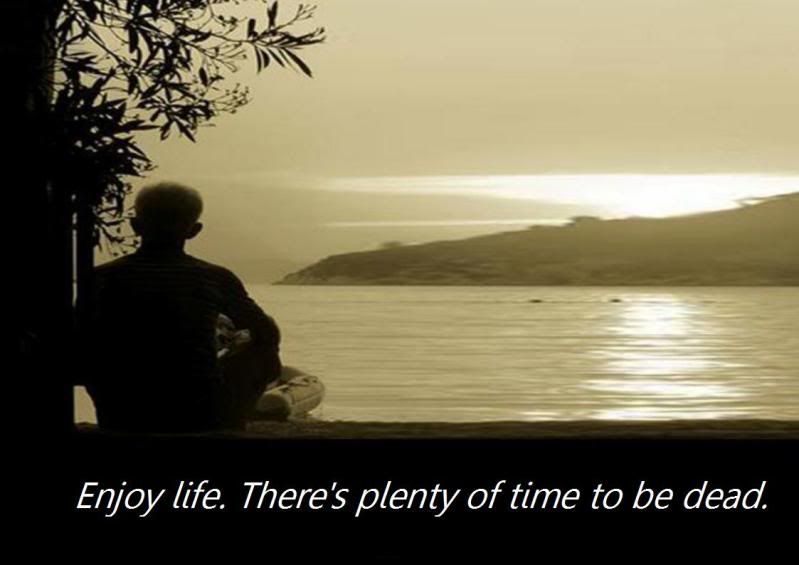Being Helpful
There was a time when I used to see the good in all people. I have always believed that deep down, everyone, is fundamentally a good person. But time and again, reality has proven otherwise. I discovered that some people are not good at all. They seek to inflict pain on others. They never give consideration to the consequences of their actions and they will, thus, never become better people. Eventually, I realised that I do not have to see the good in everyone. In fact, I should avoid these people who only exist to waste my time and energy. Why should I expend my precious time and energy on trying to help people who cannot be helped or do not want to be helped?
Though I agree that helping others can be remarkably rewarding, we need to know whom we can help and whom we cannot help. If we try to help people who cannot be helped, we will be drawn away from our own self-development and not only that, they will pull us away from those who genuinely need our help.
Once we have established whether we can help someone or not, it is important to know how to help them in the most appropriate manner. Just because we believe we are helping someone, it does not mean that we actually are. There is helping on a superficial level and helping on an intuitive level. Sometimes, what we perceive as helping someone actually pulls us away from our own purpose and does not help the person we are trying to assist at all. Helping is not merely about physically doing something for people, sometimes it involves standing back from the situation, telling someone some harsh truths and sometimes it means doing nothing at all.
We often get too emotionally entangled in situations and far too attached. To be able to offer help to anyone in an effective way, we need to be detached. By being detached, we can offer our help in a more objective way. Being detached means that we can care without really caring. This way we can offer help without allowing our own emotions to become emotionally embroiled with other people’s problems.
Whenever my advice was sought, I would be empathetic, understanding and listen carefully to what was being said. I would try not to give direct advice, that is, I do not tell them exactly what to do. That is their choice, not mine. I do however offer general objective guidance based on intuition, regardless of my own personal experiences or bias. I would look at all sides of the situation. Once the sharing session is over, I will forget all about their issues and problems. I no longer care what they do because it is entirely up to them. I do not get bogged down with everyone else’s emotional issues. If I did, I would not be a very good counsellor as then my objectivity and ability to see beyond what the person presents to me would be completely compromised.
Being objective and detached is easier with strangers and casual friends than it is with close friends and family members. Nevertheless, if we want to be able to help our loved ones in a more productive manner, we need to be detached from them. This does not equate to not loving them but just loving them in a much healthier way. Though it is always hard to watch people we love damaging themselves, there is only so much we can do. We cannot and should not force our help onto anyone. There is no point trying to help people who do not want to be helped or want to help themselves. We cannot push anyone up a ladder unless he is willing to climb himself. People need to do the right things for the right reasons. If we take their choice away, they will end up being given the lessons over and over again until they choose to do the right things for the right reasons. Maybe they never will and that is a hard pill to swallow but we have to swallow it nonetheless.
We all have the ability to help those who want to be helped. In fact, when we do guide people towards the right path, it not only enriches their lives it also enriches ours.
02:20
Comments:
Post a Comment

